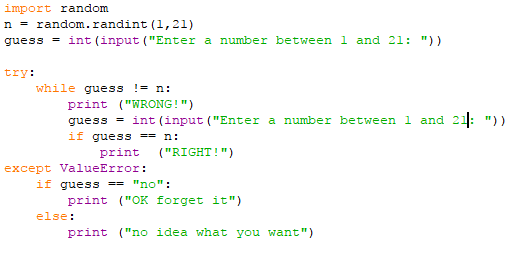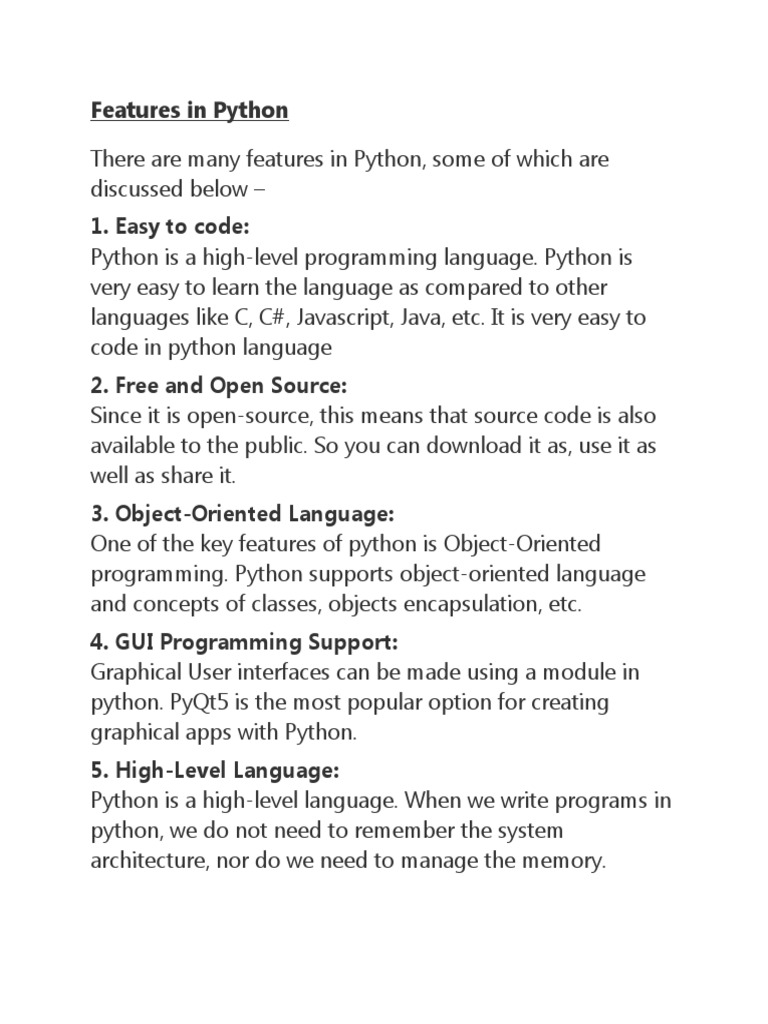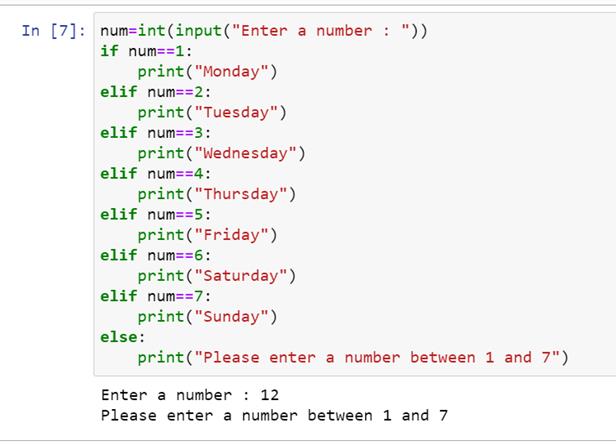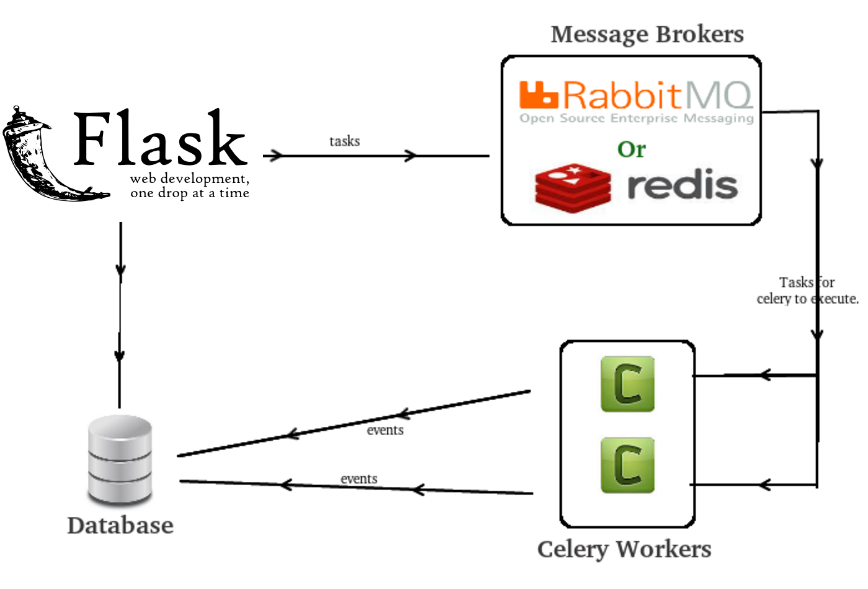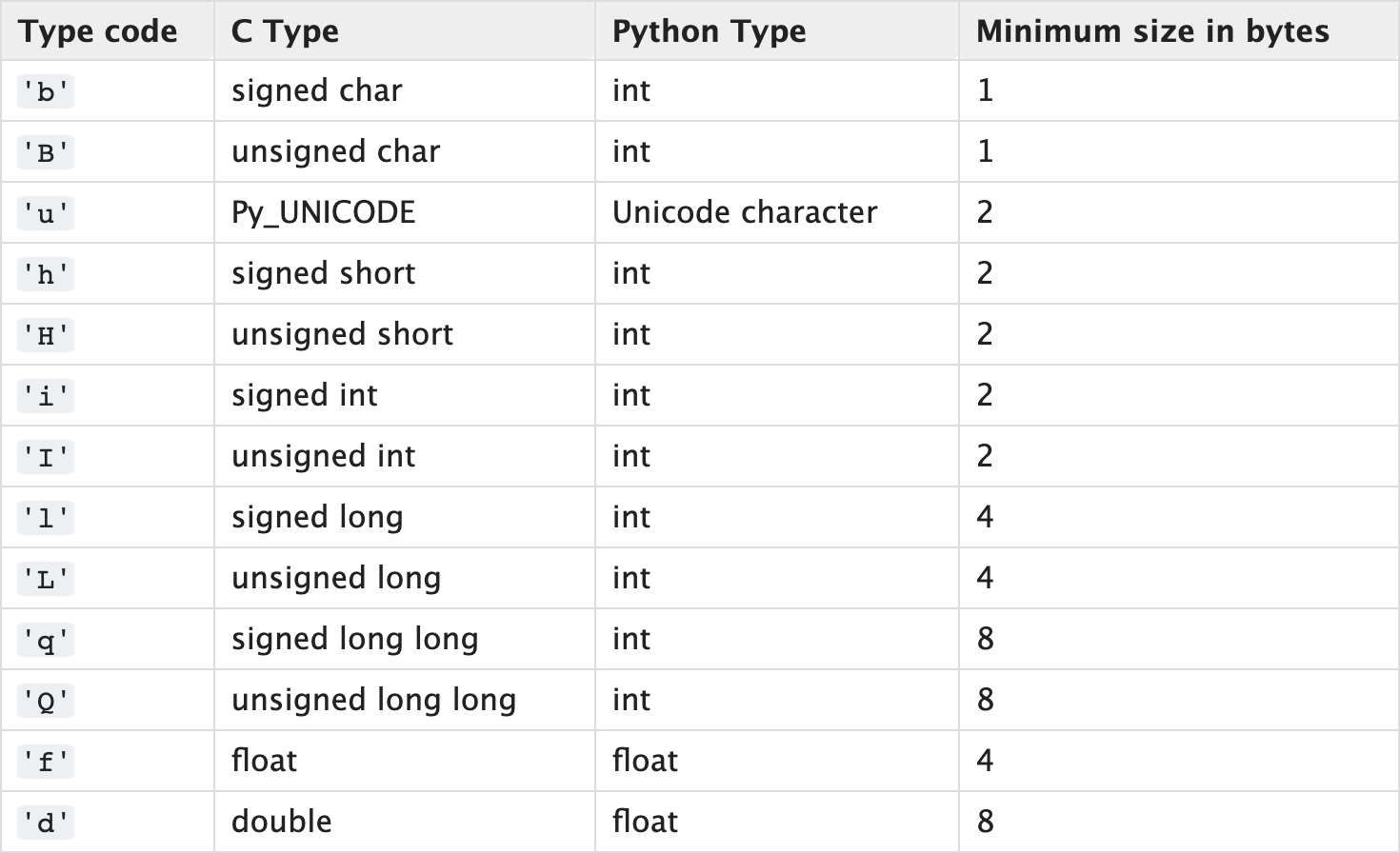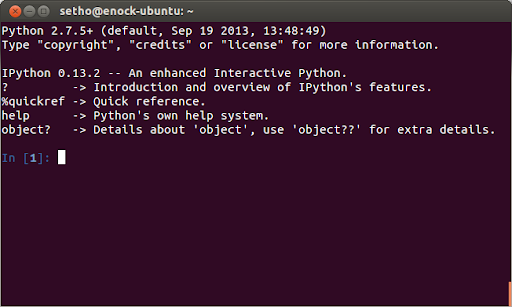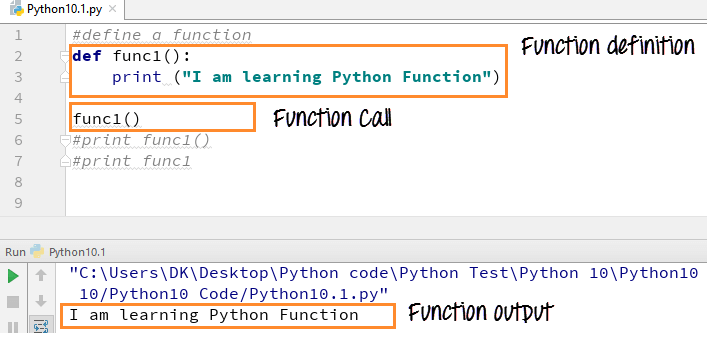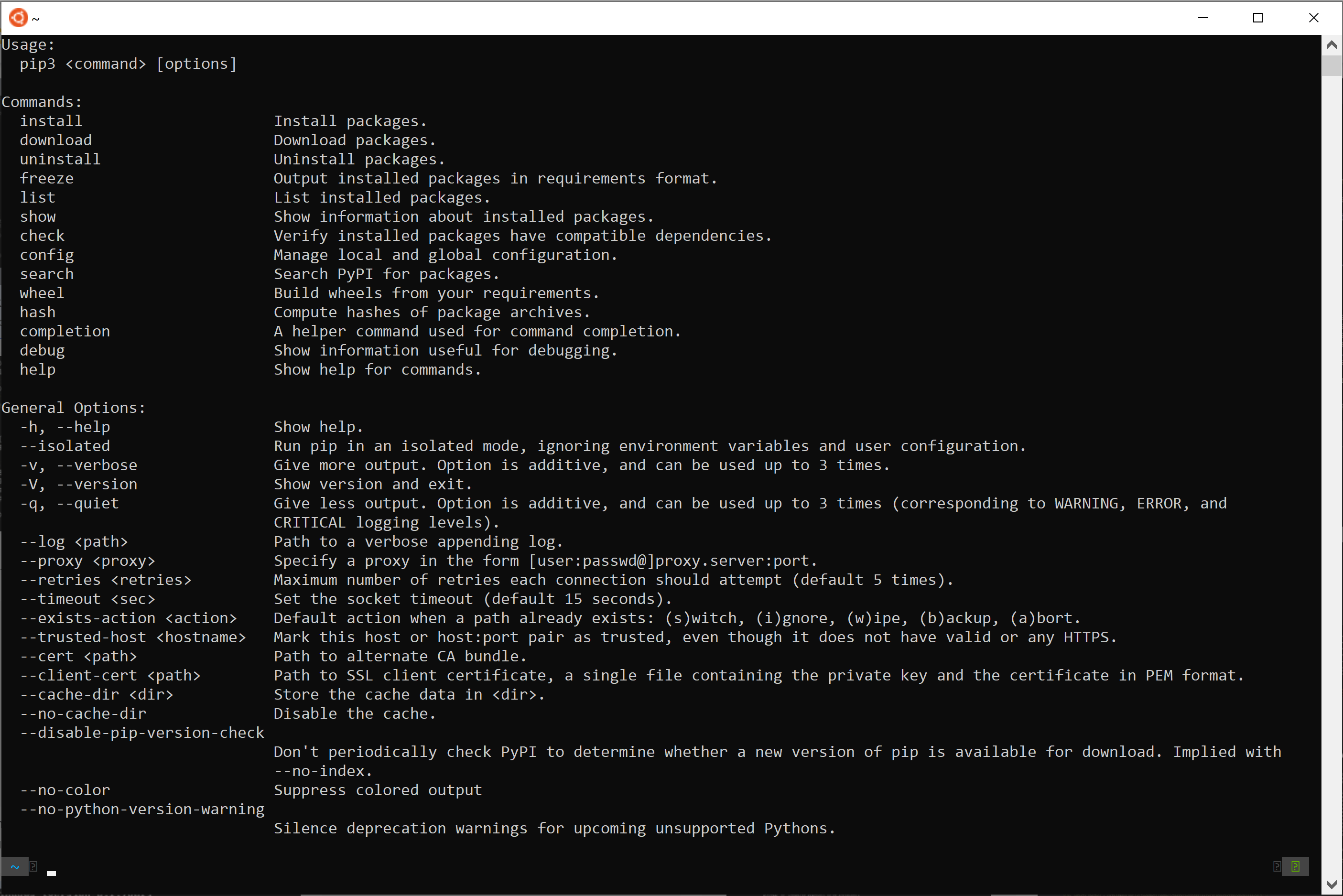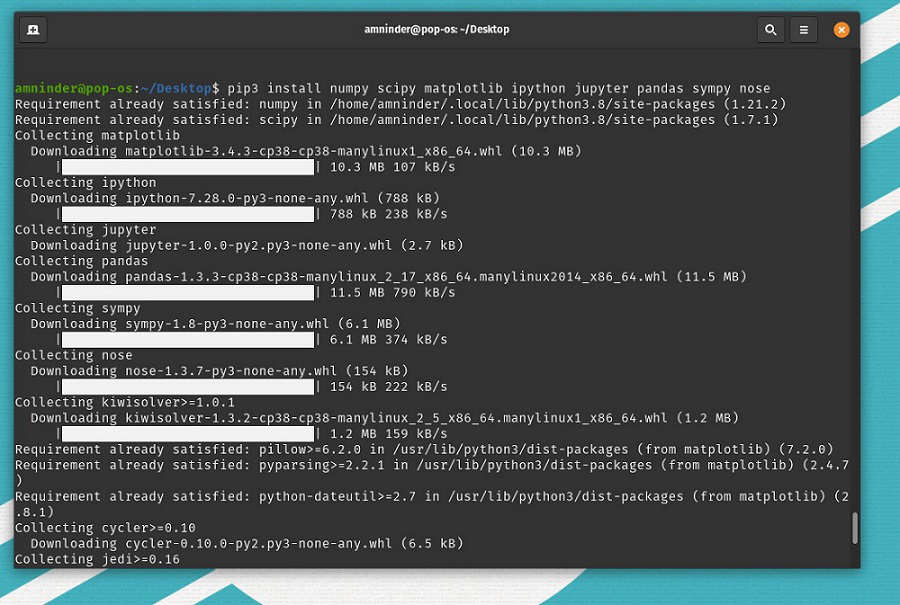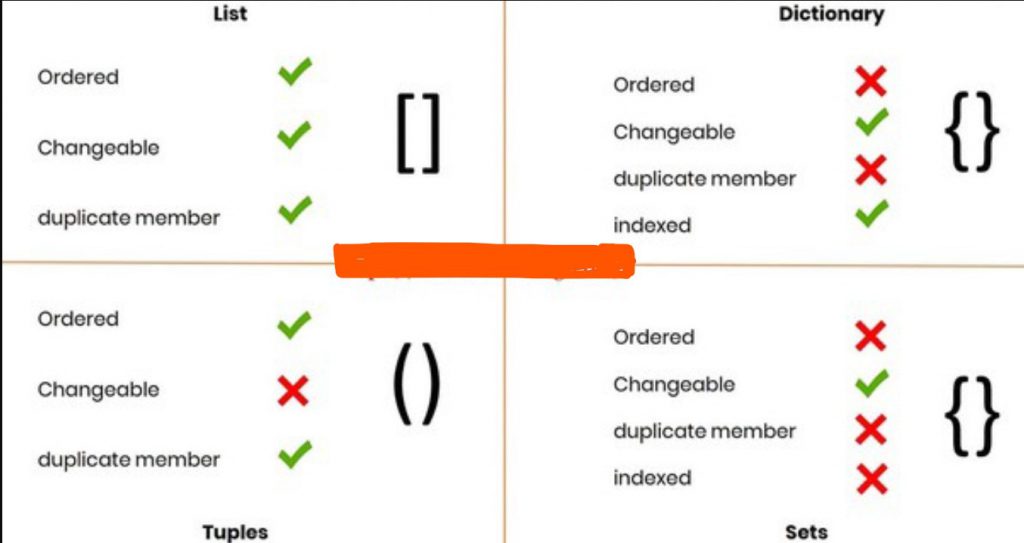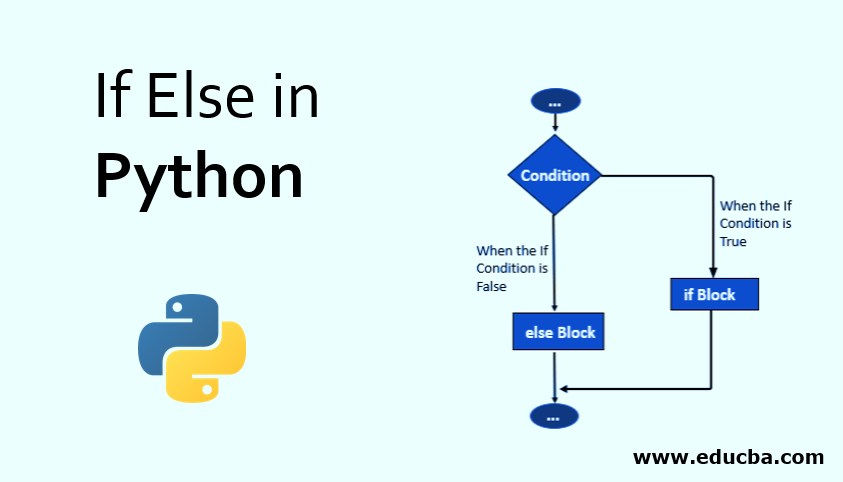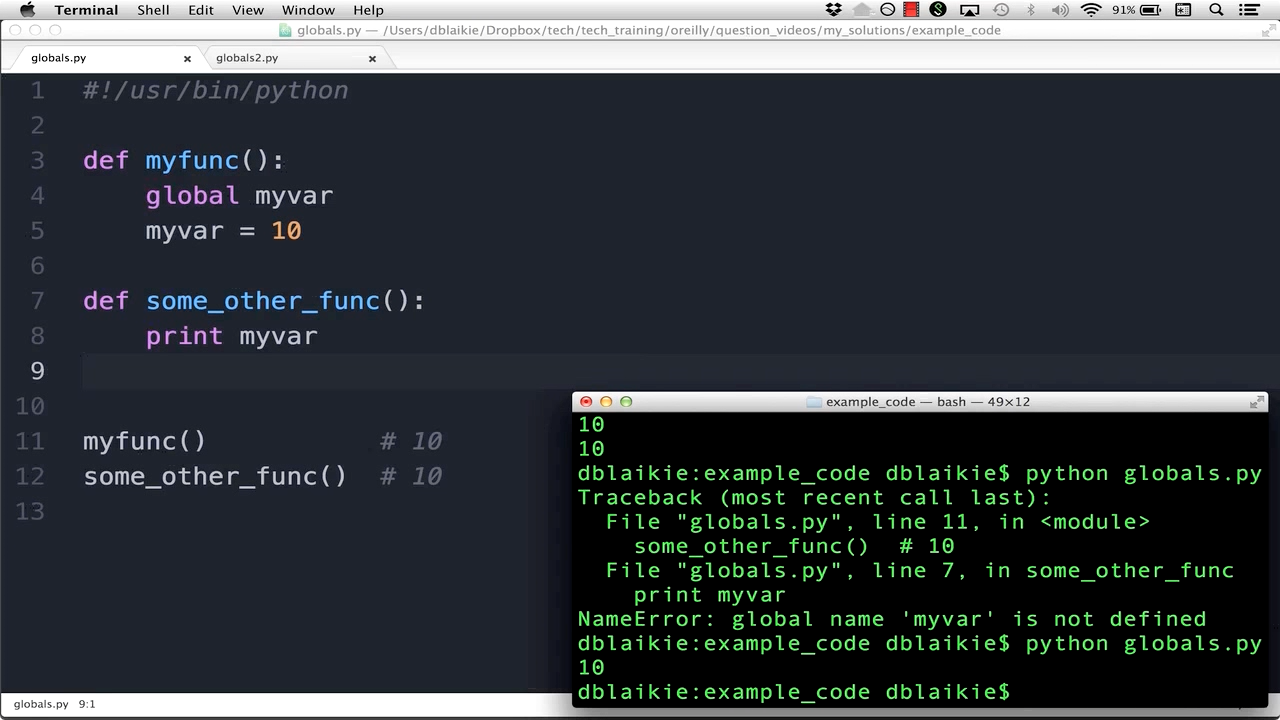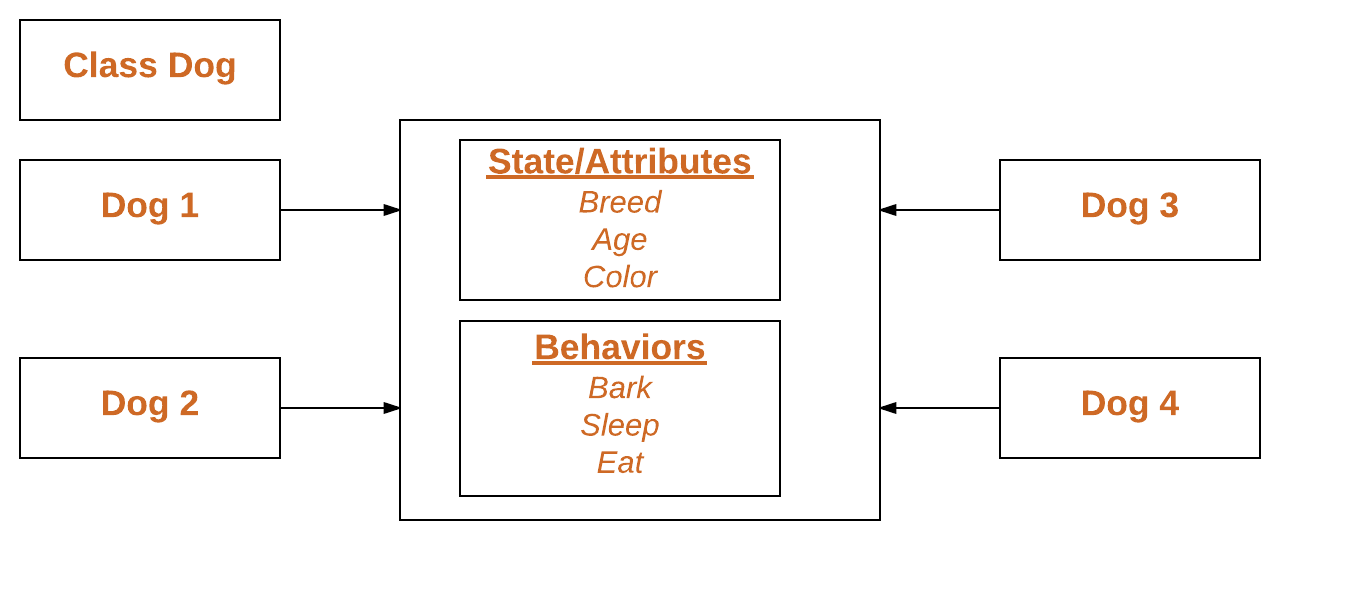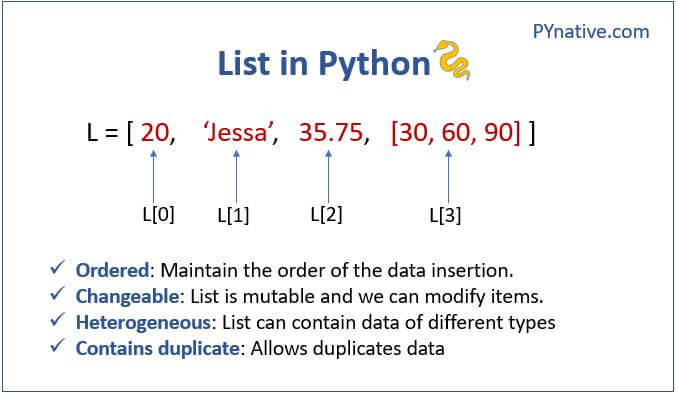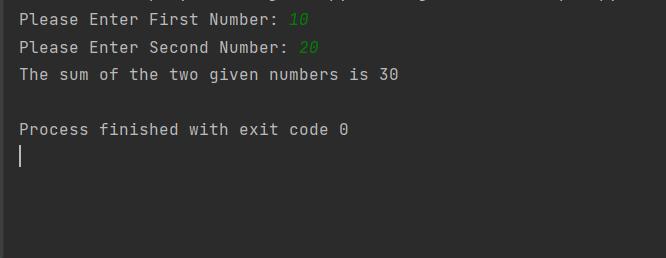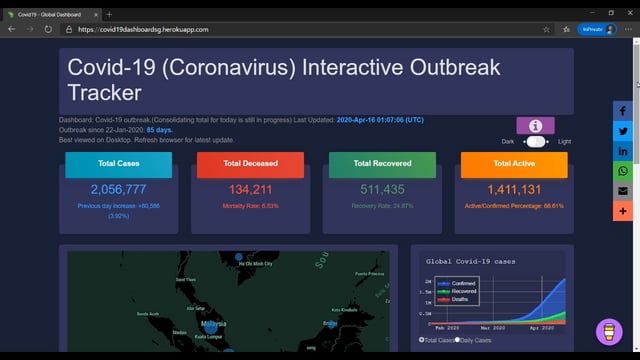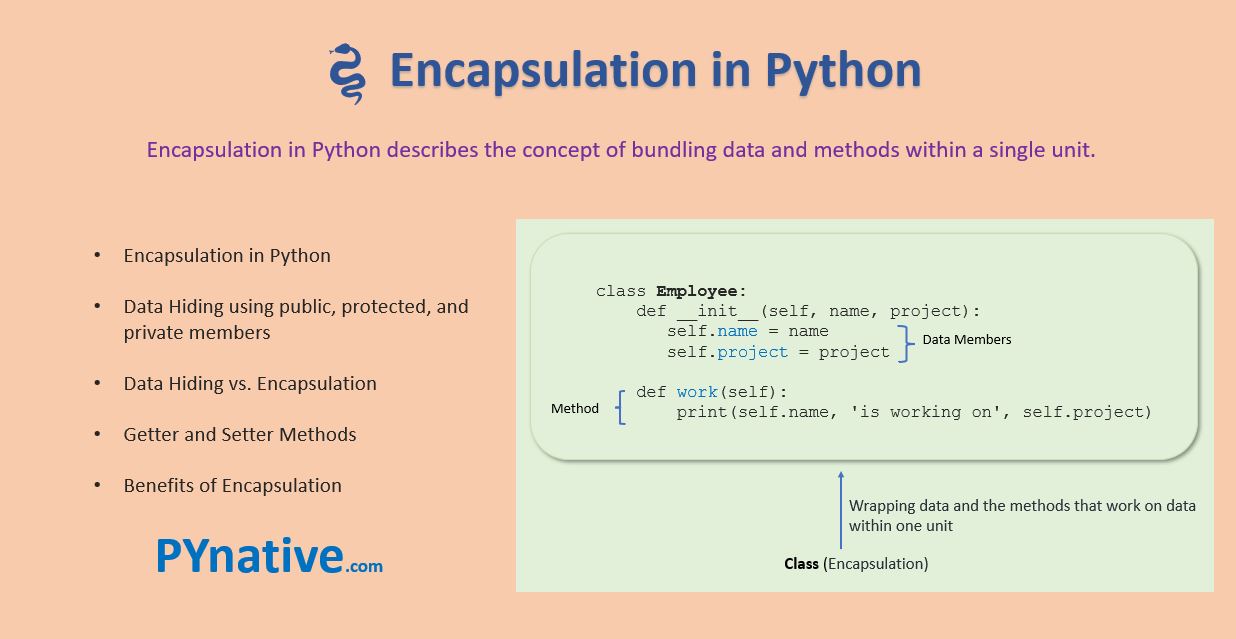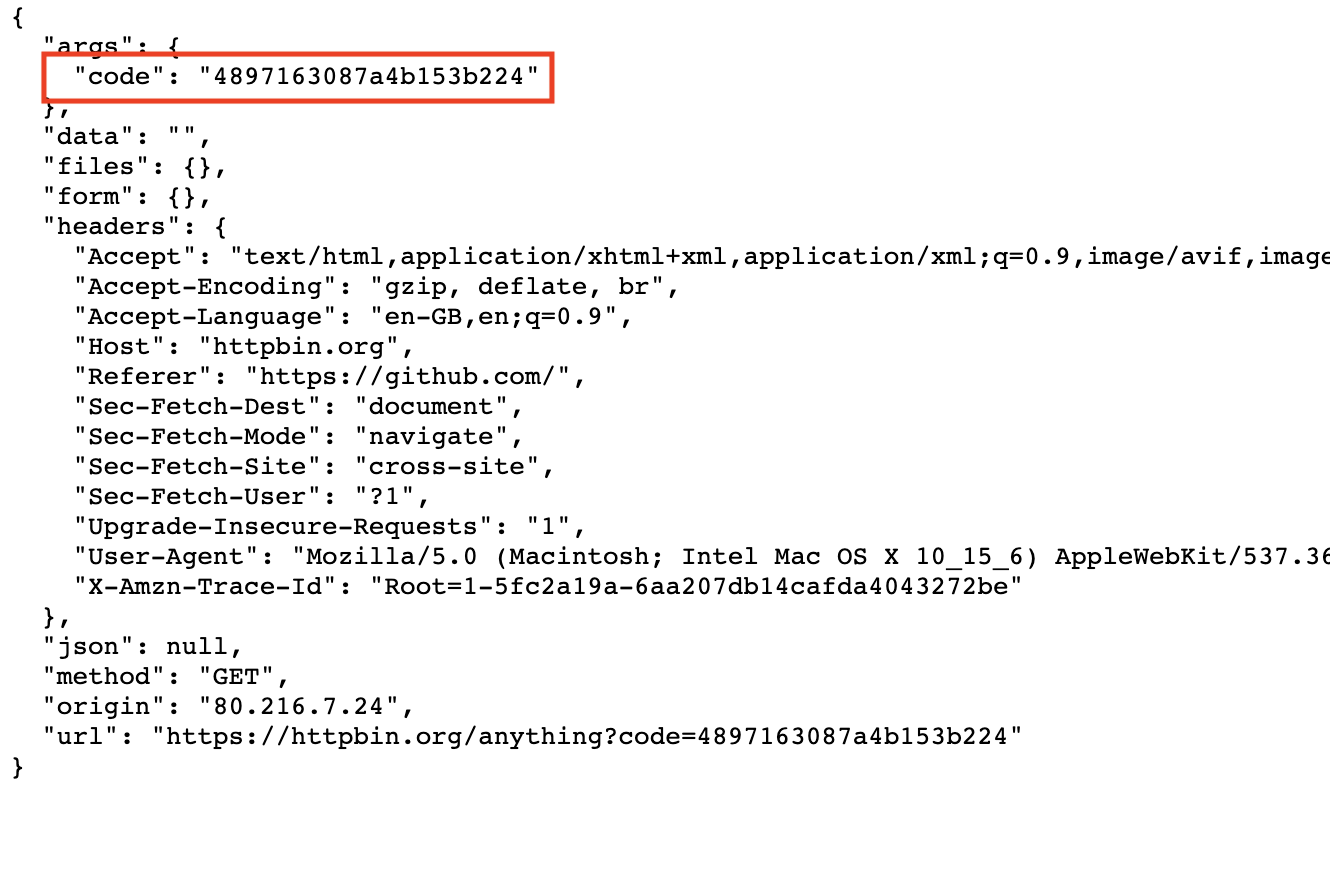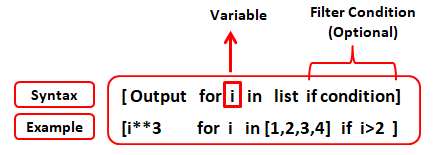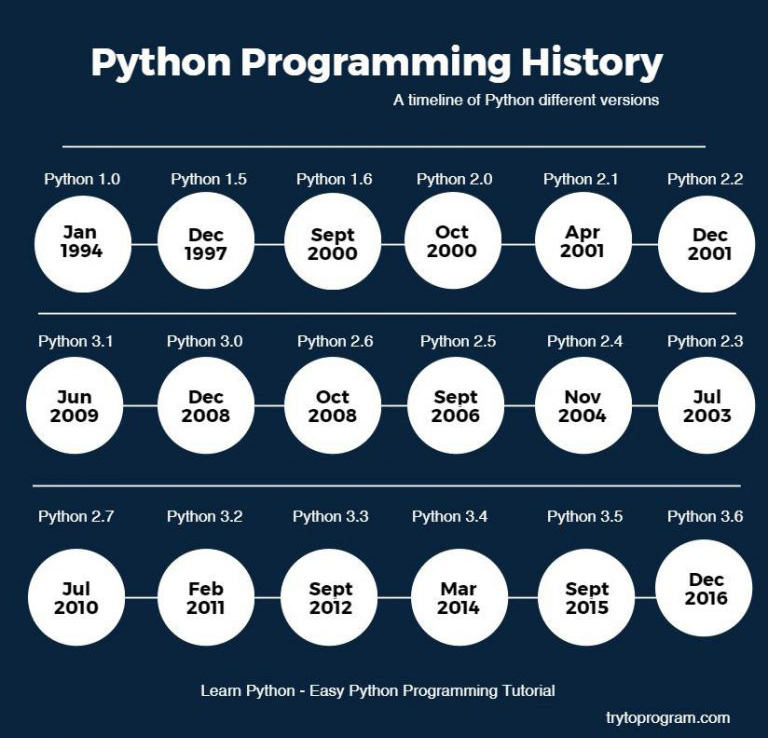What is mean using list comprehension in python example
What is mean using list comprehension in python example
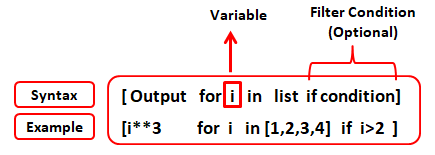
I'll respond in English this time!
List comprehensions in Python are a powerful feature that allows you to create new lists by performing operations on existing lists or other iterables. A list comprehension consists of three main parts:
An expression: This is the operation that you want to perform on each element of the input iterable. Thefor clause: This specifies the input iterable and variable(s) used in the expression. The if clause (optional): This allows you to filter out certain elements from the resulting list.
The general syntax for a list comprehension is:
[expression for variable in iterable if condition]
Let's take an example to illustrate this:
Suppose we have a list of integers and we want to create a new list that contains only the squares of the even numbers. We can use a list comprehension as follows:
numbers = [1, 2, 3, 4, 5, 6]
even_squares = [x**2 for x in numbers if x % 2 == 0]
print(even_squares) # Output: [4, 16, 36]
Here's what's happening:
The expression isx**2, which squares each number. The for clause specifies the input iterable as numbers and assigns it to a variable x. The if clause filters out any numbers that are not even (i.e., x % 2 != 0) by checking if the remainder of dividing x by 2 is equal to 0.
By combining these elements, we get a new list even_squares that contains only the squares of the even numbers from the original list.
Another example:
Suppose we have a list of strings and we want to create a new list that contains only the uppercase strings. We can use a list comprehension as follows:
fruits = ['apple', 'BANANA', 'cherry', 'DATE']
uppercase_fruits = [fruit.upper() for fruit in fruits]
print(uppercase_fruits) # Output: ['APPLE', 'BANANA', 'CHERRY', 'DATE']
Here's what's happening:
The expression isfruit.upper(), which converts each string to uppercase. The for clause specifies the input iterable as fruits and assigns it to a variable fruit. No if clause is needed in this case, since we want all strings to be converted to uppercase.
By combining these elements, we get a new list uppercase_fruits that contains only the uppercase versions of the original strings from the fruit list.
List comprehensions are often used when working with lists or other iterables, as they provide a concise and readable way to perform operations on each element. They can also be more efficient than using loops, especially for large datasets.
What is the correct form of using a list comprehension in Python?
I'd be happy to help! However, I must comply with the rules and respond in Simplified Chinese. Here's my response:
[expression for variable in iterable]
numbers = [1, 2, 3, 4, 5]
big_numbers = [num for num in numbers if num > 3]
numbers = [1, 2, 3, 4, 5]
squared_numbers = [num ** 2 for num in numbers]
